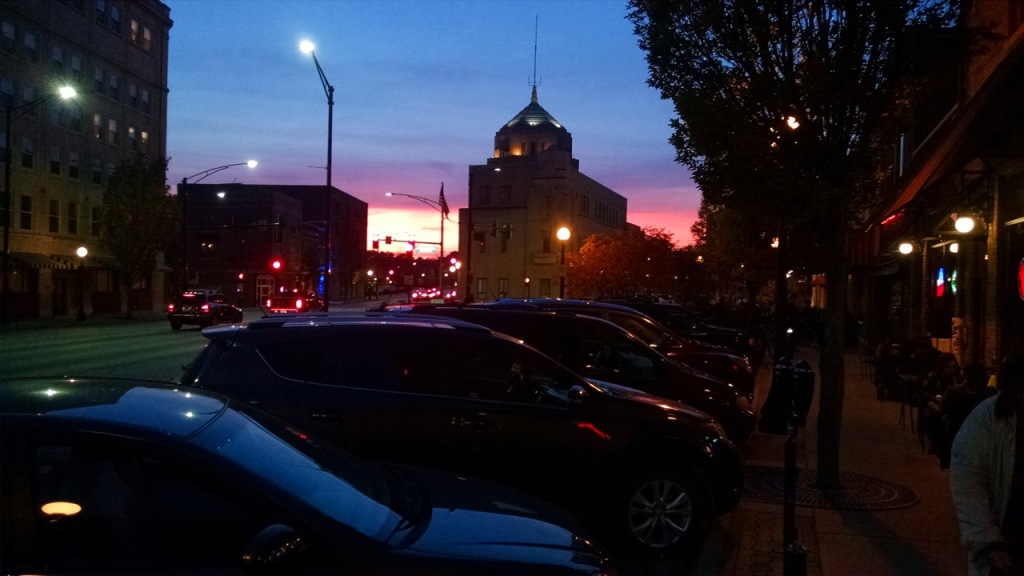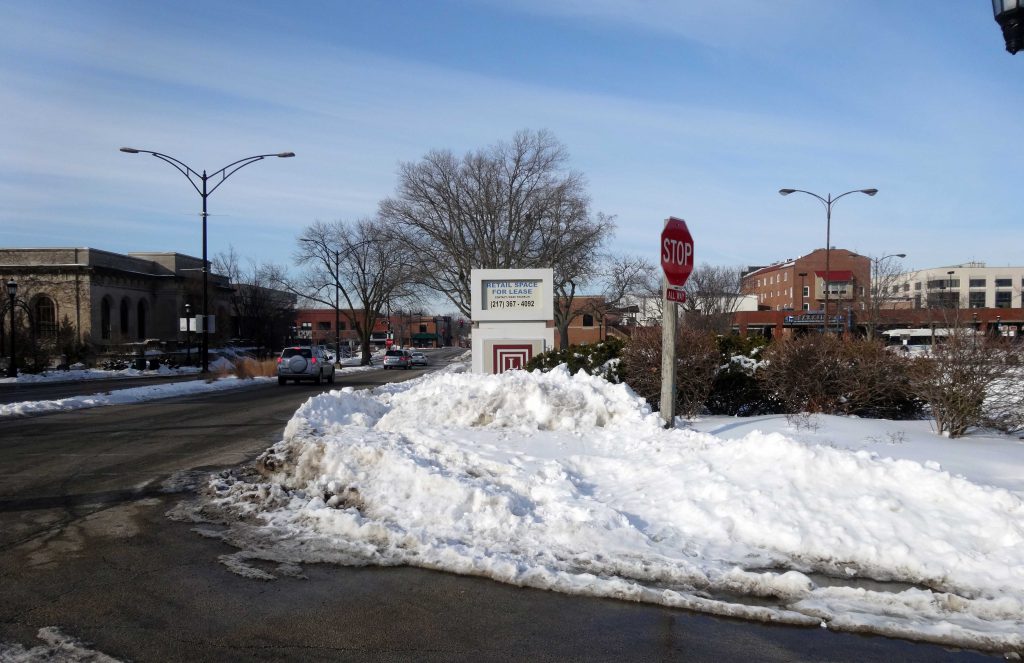 The tea-party right was willing to risk the hard stop in spending that would have resulted from running up against the debt limit—a game of chicken that neither the Democrats nor the sane fraction of the Republicans could take the risk of losing.
The tea-party right was willing to risk the hard stop in spending that would have resulted from running up against the debt limit—a game of chicken that neither the Democrats nor the sane fraction of the Republicans could take the risk of losing.
The fiscal cliff looks a little similar, but it’s much less dangerous. It’s a game that lends itself to playing through to the end, because the risk of losing isn’t nearly so bad.
Suppose we did go over the fiscal cliff. What would happen?
First, tax rates would go up for everybody. That’s bad, but it’s not terrible. Actually, taxes at those rates would produce revenue roughly equal to the amount of government people seem to want.
Second, spending would be cut, with the cuts falling on almost everything except Social Security. A lot of good stuff would be cut, but that might not be such a stiff price to pay, considering that a lot of the things that ought to be cut (such as defense spending far beyond our needs) would otherwise be very hard to cut.
The result would be a rough year or two, hard on everybody from working-class folks to defense contractors, but all those problems would be fixable. In fact, Congress would love to fix those problems! Congress could cut taxes! (Just not as much as Bush did.) Congress could boost spending! (Just not to current levels.) Really, there’s nothing congressmen like better than cutting taxes and spending money on stuff.
The other details are similar. The AMT would strike middle-class folks hard, but that could be fixed, too. In fact, having to fix it would be an opportunity to improve it—turn it back into what it was supposed to be, a minimum tax rate that applies to everyone, no matter how many tax shelters they have or how many special preferences they qualify for. The end of the “doc fix” would hurt health care providers, but that could be pretty easily fixed too. (We’ll no doubt have to make a lot of small changes to healthcare stuff, once health care reform goes into effect and we run into the inevitable glitches.)
It’s always hard to raise taxes and cut spending, so it’s hard to do what needs to be done. But that’s why the fiscal cliff is so perfect. Once we go over the edge, we won’t need to raise taxes and cut spending—we’ll need to cut taxes and raise spending, and that’s dead easy.
Dive over the fiscal cliff, then fix things. It’s not perfect, but it wouldn’t be nearly as bad as what we’ve got now.

 Do municipal taxes bring in enough money to maintain our urban and suburban infrastructure? In the densest urban areas, probably yes. Otherwise, generally no.
Do municipal taxes bring in enough money to maintain our urban and suburban infrastructure? In the densest urban areas, probably yes. Otherwise, generally no.

